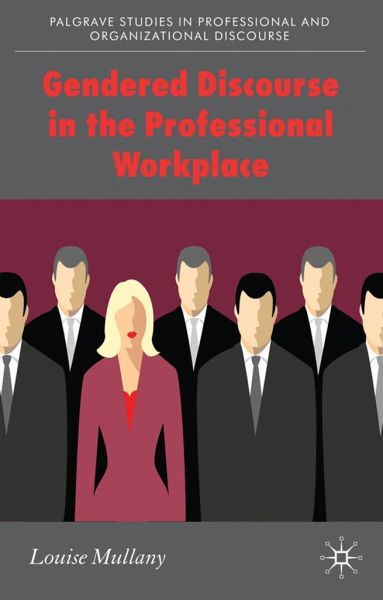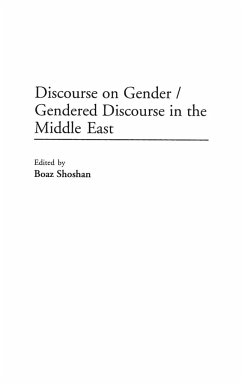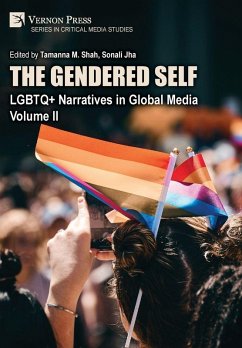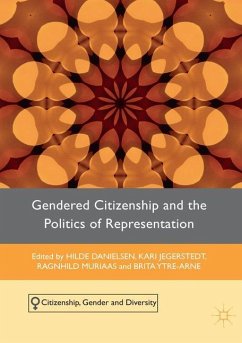
Gendered Discourse in the Professional Workplace
Versandkostenfrei!
Versandfertig in 6-10 Tagen
38,99 €
inkl. MwSt.

PAYBACK Punkte
19 °P sammeln!
Despite the inroads made by women in the professions, the glass ceiling remains a persistent barrier to their career progression. Using a range of interactional sociolinguistic data this publication investigates the crucial role that gendered discourses play in perpetuating workplace gender inequalities.
Despite the inroads that women have made into the professions in recent years, the glass ceiling is just as persistent as ever. Gendered Discourse in the Professional Workplace aims to investigate the crucial role that gendered discourses play in perpetuating workplace gender inequalities. A range of interactional sociolinguistic data is analysed from ethnographic case studies of businesses in which women and men managers perform a range of stereotypical gendered speech styles when enacting their professional identities. These interactions are examined as part of a broader interdisciplinary framework for analysis, which enables language, gender and power to be scrutinized at both micro and macro levels. Practical guidelines for conducting future projects are presented.














